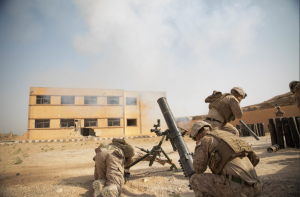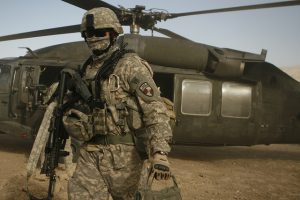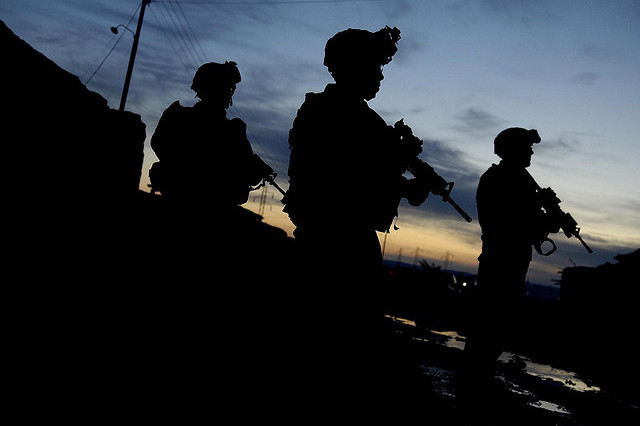In a rare extended interview with the U.K.’s New Statesman, according to multipleoutlets, an anonymous Taliban commander says the group was “naïve and ignorant of politics and welcomed Al Qaeda into their homes.” That came back to bite the group when Osama Bin Laden’s militants attacked the U.S. on Sept. 11, 2001, leading to a U.S. invasion of Afghanistan and shattering the Taliban’s hold on the country.
According to the New York Times, the interview can be seen as a Taliban assessment that the group is unlikely to take all of Afghanistan by force. “It would take some kind of divine intervention for the Taliban to win this war,” the commander said, according to The Guardian. “The Taliban capturing Kabul is a very distant prospect. Any Taliban leader expecting to be able to capture Kabul is making a grave mistake.” But that doesn’t mean the group is ready to negotiate with the central government.
On Al Qaeda, the Taliban commander called the late Osama Bin Laden’s group a “plague” and said:
At least 70 percent of the Taliban are angry at Al Qaeda. Originally, the Taliban were naïve and ignorant of politics and welcomed Al Qaeda into their homes.
…To tell the truth, I was relieved at the death of Osama. Through his policies, he destroyed Afghanistan. If he really believed in jihad he should have gone to Saudi Arabia and done jihad there, rather than wrecking our country.
In 2010, Ahmed Rashid reported that Taliban leader Mullah Omar pledged that a Taliban return to power in Afghanistan “would pose no threat to neighboring countries — implying that al-Qaeda would not be returning to Afghanistan.”
In the New Statesman interview, with a former U.N. envoy to Kabul during the Taliban’s rule, the commander also said his group does not expect to take the capital. Nor do the fundamentalists, however, intend to negotiate with President Hamid Karzai’s government there. The commander said:
The Taliban have observed that NATO does everything to prop up the Karzai regime. The regime’s political power is entirely dependent on the military backing provided by NATO.
The Kabul regime has no authority in the issues that matter in a war — power and control of the armed forces. There is little point in talking to Kabul. Real authority rests with the Americans.
Those are mixed messages for American forces, who plan on leaving Afghanistan in 2014 and ending a decade-long war there. While the Taliban, according to this commander, does not seem eager to negotiate with Karzai’s government — the U.S. client there — the disdain for Al Qaeda could serve to bolster Obama’s pledge to keep the terror group from establishing a base in Afghanistan after the U.S. leaves. “In pursuit of a durable peace, America has no designs beyond an end to al Qaeda safe-havens, and respect for Afghan sovereignty,” Obama said in Afghanistan in May.




